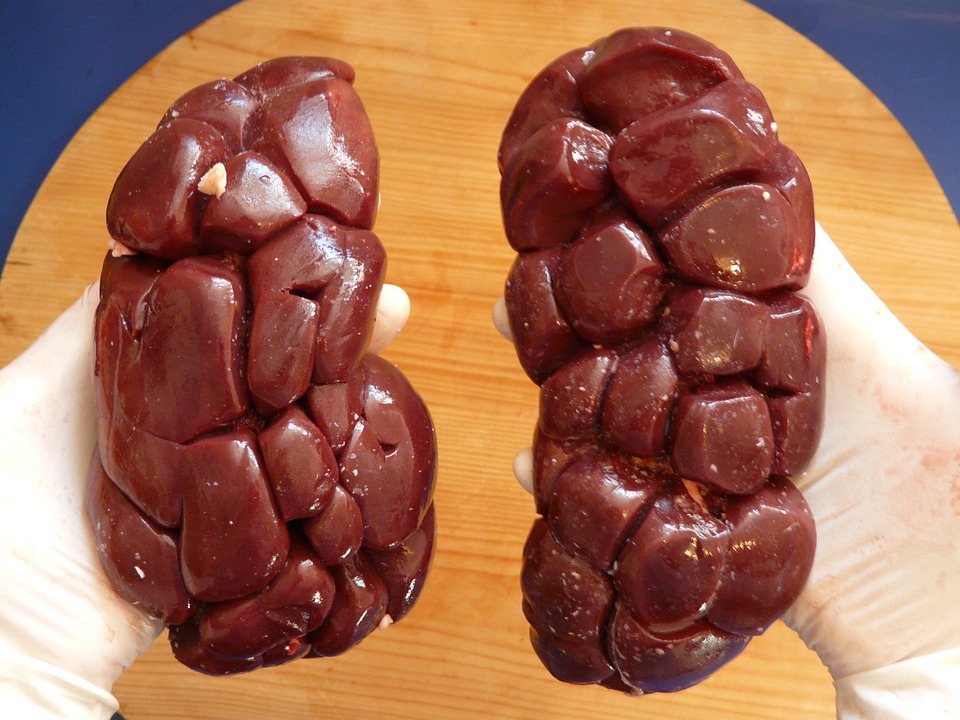What You Need Lo Know About Genetic Kidney Diseases
“Familial kidney diseases cannot be prevented but the damage can be limited”
Which rational human being would not want to leave the best legacy for his/ her family? We all sincerely wish the best for our families and strive hard to ensure they live a happy and comfortable life. Every effort is put into providing material benefits for them. However, material things are to a great extent under our control and it is possible to bestow many a luxury to our loved ones. But unfortunately, disease is not in our control. Thus, many familial or genetic diseases are passed down from generation to generation.
Basic Facts On Familial Diseases
Way back in 1860, an Austrian scientist named Gregor Mendel, spent his free time (apparently he had a lot of it!) studying pea plants by crossing different varieties and observing their offspring. His conclusions are called Mendel’s Laws of Genetics and they stand validated even today, after nearly two hundred years. According to Mendel, Inheritance of genes or genetic traits occurs in the following four different ways.
- Autosomal Dominant Inheritance : Any one parent has the culprit gene and 50 per cent of the children inherit it.
- Autosomal Recessive Inheritance : Both parents have the culprit gene and 25 per cent of the children inherit it.
- X-Linked Dominant Inheritance : Only the mother has the culprit gene and mainly female children inherit it.
- X-Linked Recessive Inheritance : Only the father has the culprit gene and mainly male children inherit it.
TYPES OF FAMILIAL KIDNEY DISEASES
Autosomal Dominant Polycystic Kidney Disease (ADPKD)
This is one of the commonest of all familial diseases, for kidneys or otherwise. It manifests as high blood pressure and fluid-collections (also called cysts) in various organs like the kidneys, liver, lungs, brain and heart. The kidneys are the commonest site of cysts and 50 per cent of patients with ADPKD develop kidney failure.
Autosomal Recessive Polycystic Kidney Disease (ARPKD)
Many babies with this disorder do not survive. Those who survive have high blood pressure, multiple kidney cysts. lung weakness and kidney failure by the age of 15 years.
Alport’s Disease
Presents as hearing loss, visual disturbances and kidney failure.
Tuberous Sclerosis
Manifests as skin lesions, seizures, mental retardation and rarely, benign kidney tumours.
Von Hippel Lindau Disease
These patients have tumours in the brain and eyes, cysts in the pancreas and kidney cancers.
Focal Segmental Glomerulo – Sclerosis (FSGS)
Patients have swelling over the body, high blood pressure, low blood proteins, blood dots and high levels of cholesterol levels. It finally culminates in kidney failure. The most dangerous aspect of familial FSGS is that even after kidney transplant, the disease recurs in the transplanted kidney.
Medullary Sponge Kidney Disease (MSK)
Patients have multiple kidney cysts, kidney stones and frequent urinary tract infections.
Systemic Lupus Erythematosis (SLE)
This is a dreaded multi-system disease involving almost all organs of the body but mainly the joints and the kidneys.
Fabry’s Disease
It is seen as body ache, stomach pain, skin lesions, heart problems, brain strokes, skin lesions, eye deformities and kidney failure.
Renal Agenesis and Dysplasia
Some people are born with a single kidney (called renal agenesis). This is often discovered accidentally, when they undergo an abdominal ultrasound for any reason. Many a time people go through their whole life with a single kidney without any discomfort. At other times though, a person has two kidneys and these have developmental detects called dysplasia. Renal dysplasia may manifest in later life as kidney failure.
Vesico – Ureteric Reflux (VUR)
Normally urine flow is directed in a downward direction from the kidneys towards the bladder by a series of mechanical valves. Rarely, these valves are dysfunctional from birth leading to reversed direction of urine flow leading to frequent urine infections and subsequent kidney damage.
Kidney Stones
Kidney stones especially oxalate stones are common in stone-forming families.
Diabetes and Hypertension
Though diabetes and hypertension are the commonest causes of kidney disease, not all diabetics or hypertensives get kidney disease. One of the reasons for this discrepancy is good genes, which protect the kidneys in these individuals. Of course, medication and lifestyle also play an important role.
What Can You Do?
- Familial kidney diseases cannot be prevented but the damage can be limited
- Families of patients with familial kidney diseases must be evaluated and assessed
- Identification of those at risk would help by facilitating early treatment and more frequent visits to the doctor
- Lifestyle modifications and genetic counselling can be done
- Marriage counselling can help avoid marriage between two individuals who have familial kidney diseases to protect the offspring
- Medical science has advanced to such an extent that in selected cases, surgery and treatment can be attempted even while the baby is still in the mother’s womb!
